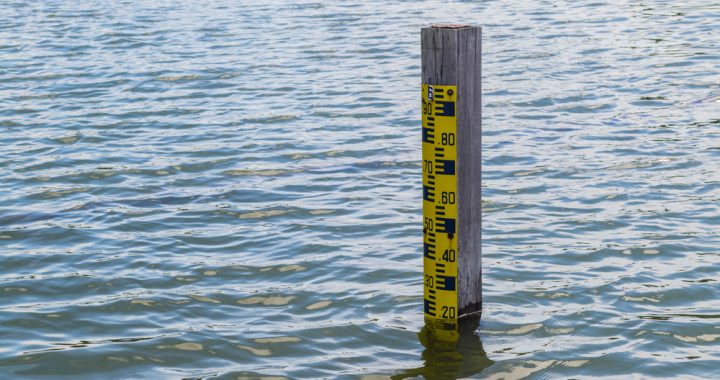The latest monthly bulletin about Great Lakes water levels, recently released by the U. S. Army Corps of Engineers, is predicting what many who live, cottage, and work on the lakes will not be happy to hear.
While all the lakes are expected to decline over the winter season, as they typically do, “over the next several months it’s predicted that water levels will remain well above average,” says the report. Levels that are higher than average in April, when the lakes begin to rise again because of precipitation and runoff from spring snowmelt, are an indication that 2020 could be another high-water year.
The USACE’s six-month forecast gives a range of possible outcomes, and since much depends on the amount of precipitation we receive, the lakes may not actually reach or exceed this year’s record levels.
If the trend of more spring and summer rainfall continues, however, as Environment and Climate Change Canada has predicted, higher-than-average water levels will likely occur next year and in the years to come. According to ECCC’s Canada’s Changing Climate Report, annual precipitation in Ontario, for example, increased by 9.7 per cent over the latter half of the 20th century and is projected to continue to increase in the current century.

